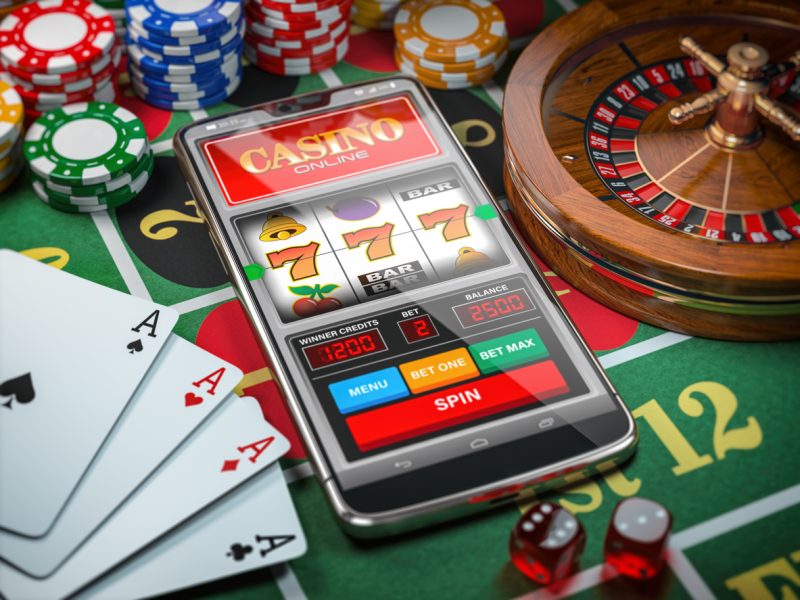
Sin Tax at 28 per cent: But are all online games sinful?

We are all sinners in one way or the other. Aren’t we?
When we were toddlers, we stole chocolates from the fridge and that in the strictest sense could be considered a sin. We also routinely lied to our parents to cover up our pranks.
When we grew up to be teens, our tryst with sins continued – from bunking classes to making fun of the teachers. None of them were acts of any saint.
There has been no let-up in this tradition of ours, though we have ensured that it never crossed the line. The question really is, what is this “line” and who gets to draw it?
Where to draw the line?
Is chewing tobacco a sin? Is polluting the city by driving polluting vehicles a sin? Is paying money to play online games a sin?
These existential questions have come to haunt me again after the GST Council on Wednesday decided to levy 28 per cent tax on all online games. Driven evidently by reasons of morality than pure economics, the authorities seem to have presumed that all games are sin since one pays money to play them.
Also read: GST Council approves 28% tax on online gaming; unconstitutional, irrational, says Gaming Federation
But then, we pay money to watch movies too. We pay to dine out as well. Are they sins too?
In deciding on a tax at much higher rate than the normal 18 per cent, the authorities seem to have blurred the distinction between online games that involve significant money, and those that do not.
There are small, innovative harmless games based on skill, which do not involve any significant real money. You just pay a nominal fee to play the game and entertain yourself – just as we do at movie theatres.
Betting vs sin tax
However, there are also the kind of games depending on chance and involving significant amounts of money. They fall under what we consider as betting or gambling. Betting is bad and often can quickly lead to addiction, as it happened with two kids who, according to media reports, blew up lakhs of rupees by using their father’s credit card, some months ago.
But to discourage betting, should one crack the whip on the entire online gaming industry? Should we be throwing out the baby with the bathwater?
One can understand what the GST Council has attempted to do here. To discourage people from betting, it has gone for higher tax. In other words, they have opted to levy ‘sin tax’.
Sin tax is no stranger to us. Those who drink or smoke pay it all the time with taxes on cigarettes and alcohol calculated at much higher rates.
Also read: GST Council decides to impose 28 pc tax on turnover of online gaming firms
Imposition of the sin tax makes sense. Besides discouraging people from indulging in habits that are more expensive, a cash-strapped government earns handsome revenue.
A somewhat similar logic has now been applied to digital gaming as well. But however noble the intentions could have been, it has been extended far beyond what is logical.
It is okay to levy higher GST on cigarettes since there is no such thing as good cigarettes or bad cigarettes. All cigarettes are equally harmful.
Ditto with porn. There is simply no virtue that can be ascribed to this exploitative industry.
But one cannot bracket digital gaming as wholly bad. Not every game is poker or rummy and amounts to gambling. So, to paint every genre of online gaming as sin and then impose higher GST on one and all may not be wise.
Also read: Online gaming: Centre must tighten norms while states must find a balance
It will kill a sunshine industry that employees tens of thousands and generates revenue in millions, if not billion.
Understandably, the government is treading cautiously in dealing with digital gaming. It does not want to ban it outright, lest it goes entirely underground and beyond regulations.
For that matter, porn is banned in India. Yet, we all know it can be viewed here.
That the government is seized of the potential ill-effects of online gaming – including its possible abuse for money laundering – is welcome. What, however, may require a rethink is its sweeping classification of the entire genre of digital gaming as a sin.
Also read: New online gaming rules will help industry compete globally, curb betting, say players
To play games online isn’t necessarily a sin. Though not exactly saints, many of us play it at times for pure entertainment, and none of us is committing any sin.
(The writer is the former editor-in-chief of Outlook and an accomplished author)
(The Federal seeks to present views and opinions from all sides of the spectrum. The information, ideas or opinions in the articles are of the author and do not necessarily reflect the views of The Federal)


